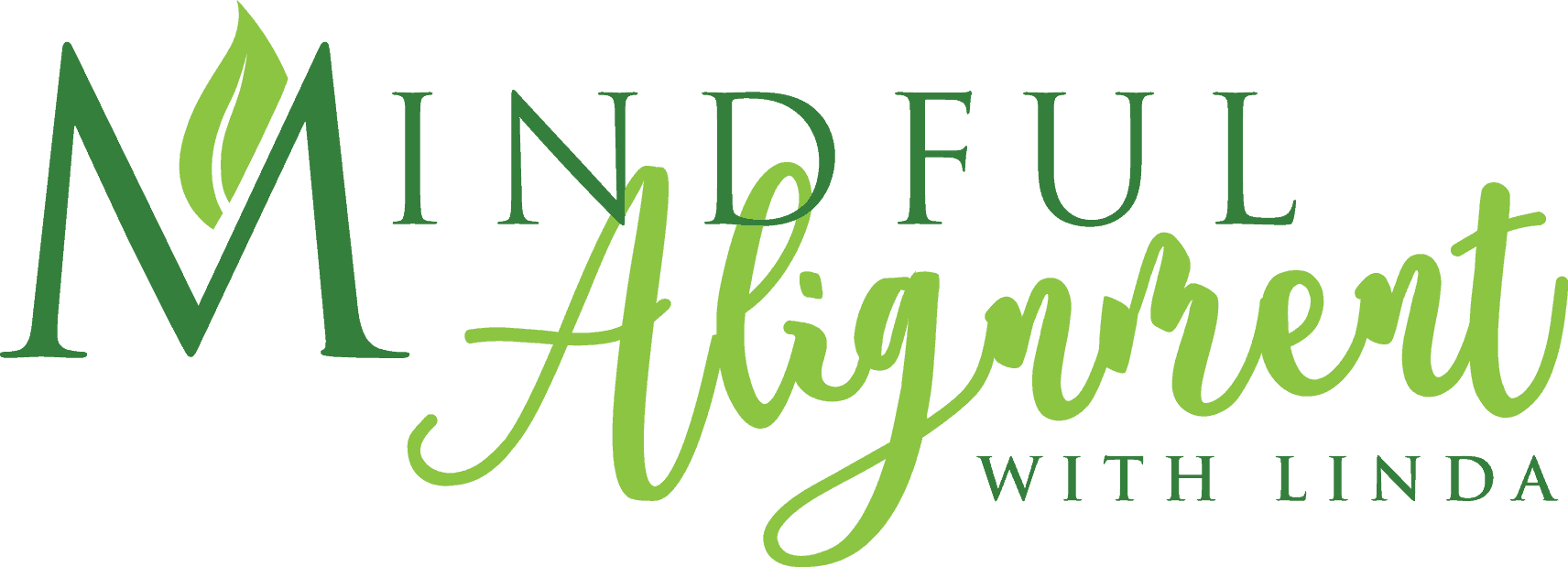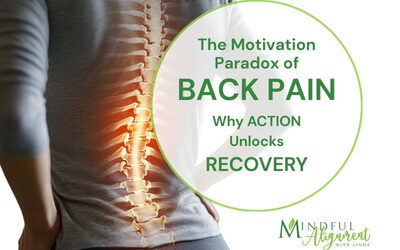Posture Awareness for Better Overall Health
Improper alignment often results from a lack of posture awareness. As a result, it has a number of negative effects on the body. In the previous article, I mentioned a device called a posture corrector that claims to help keep the shoulders from slouching forward, aka ‘tech neck,’ and reduce pain. What are the consequences of having the shoulders too far forward?
Why do we need posture awareness?
Proper posture is essential for your overall health and well-being. Without good posture, our bodies tend to fall unconsciously into bad habits. When we maintain those positions for long periods, we may experience pain, restricted breathing, and even reduced balance while walking.
Everyone stands and moves in slightly different ways. You might even be able to recognize someone you know in a crowd without looking at their face by the way they stand and move.
How our posture patterns affect us
Posture is affected by our ‘holding and moving patterns’ developed throughout our lives and is usually influenced by our close family members. In other words, we copy what we see. Some of those patterns have been with us for so long that we don’t even notice them. Some posture patterns develop gradually so that we are not aware of them.
In 1913, Henry Gassett Davis detailed how our ligaments, tendons, and fascia (referred to as ‘soft tissue’) adapt to stress, called Davis’s Law. If the tension is constant, the balance between the front and back of the body is changed. In other words, as we choose to slouch over our cell phones, more stress is put on the shoulder, neck, and back muscles, elongating them and making them weaker. At the same time, the front of the body gets shorter and tighter. Your mobility and flexibility are negatively affected. Poor choices may result in back, neck, and shoulder pain — and may also negatively affect the spine, knees, hips, and feet.
Our emotions also play a role in our posture
Our posture can also be affected by our emotions and thoughts. Your body may slump when you are sad or become more expansive when you are happy. Stress also affects our posture. Encouraging muscles to tighten, breathing becomes constricted, and our shoulders start to move up to our ears.
Other areas of the body that are affected by improper posture
In addition to ‘tech neck’, rib thrusting and tilting the pelvis also pull the spine out of alignment. Various muscles and organs that are attached to the spine are also affected. As the spine becomes a ‘C’ shape instead of an ’S’ shape, the diaphragm (breathing) and the psoas muscles (leg movement) are affected.
Here’s how to assess your posture/alignment:
- Stand by a mirror looking at your body from the side (Standing against a wall also works)
- Your ears should be over your shoulders and your shoulders over the hips and ankles
- Start with your heels about 2 inches away from a wall
- Shake your body out so that you stand naturally
- Move back until your buttocks are against the wall
- Notice what else touches: keeping your chin level with the floor, the back of your head needs to touch the wall as well as your shoulders and ribs
Most people that can press their shoulders into the wall find that their ribs thrust forward, putting stress on the spine.
You can change your habits and your posture by improving your posture awareness
Correcting your posture will help improve your overall balance, weight distribution, reduce the risk of injury when exercising, and allow your lungs to expand for improved breathing.
With good alignment, your shoulders slide back into position, the spine is aligned, the chest is open, and the rib cage is not thrusting forward.
Start by developing awareness of your body and habits. To do this, take a class that will help you get out of your comfort zone and get you moving like: martial arts, dance, and yoga.
Are you tired of living with pain?
Are your activities and daily choices determined by your level of pain?
Are you ready to change your life for the better and gain back your physical freedom?
My unique and custom designed approach comes from years of training, education and experience. Together, we will get you back to living pain free and enjoying life.
Sign up for a private session today
It’s never too late to try something new.

Related Articles:
The Motivation Paradox: Action is the Catalyst for Healing Back Pain
Discover the Motivation Paradox of Back Pain—why waiting for motivation keeps you stuck and how action is the true catalyst for healing. Learn science-backed strategies to break the pain cycle and reclaim mobility.
Transform Back Pain Anxiety: From Uncertainty to Empowerment
Discover how to navigate pain anxiety with empowerment. Embrace uncertainty and reclaim your healing journey through mindfulness and resilience.
Transforming Your Relationship with Back Pain: A Mindset Revolution
Back pain is more than a physical challenge—it's a profound psychological journey. The real battle isn't just in your muscles and joints, but in your mind. Your thoughts can either be a prison or a pathway to healing. Reframing Your Inner Narrative When chronic pain...
Embracing Change: A Journey of Small Steps
Embracing change through small steps: Focusing on small, consistent steps emphasizes sustainability and avoids overwhelming change, which is key to maintaining health goals.




